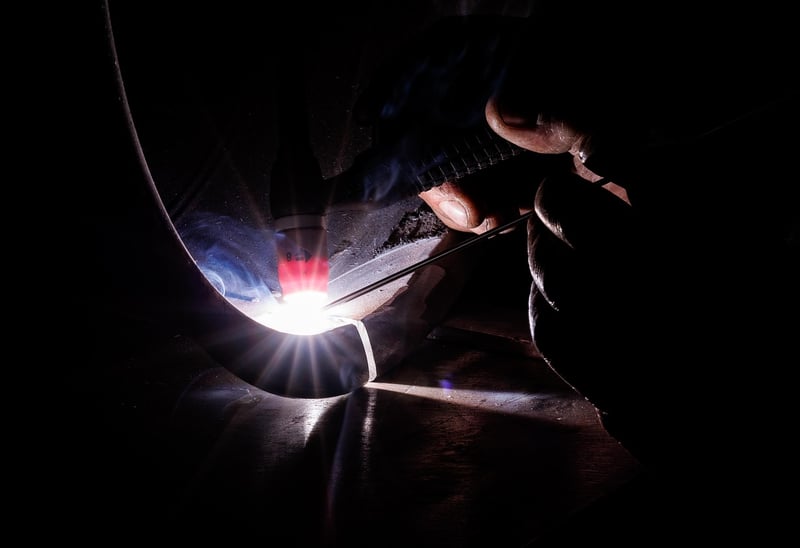Pranayama Techniques
Focused Breathing Methods and Pranayama Techniques
Are you looking to enhance your well-being and reduce stress levels? Incorporating focused breathing methods and Pranayama techniques into your daily routine can have a profound impact on your overall health and mental clarity. Let's explore some effective practices that can help you achieve a sense of calm and balance.
1. Diaphragmatic Breathing
Diaphragmatic breathing, also known as belly breathing, involves breathing deeply into your abdomen. This technique can help reduce stress and promote relaxation by activating the body's relaxation response.
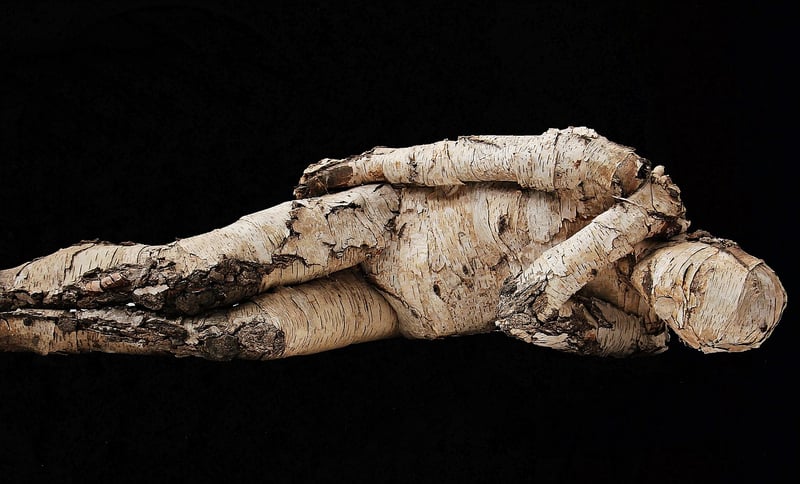
2. Box Breathing
Box breathing is a technique that involves inhaling, holding your breath, exhaling, and then holding your breath again in equal counts. This method can help improve focus, reduce anxiety, and increase mindfulness.
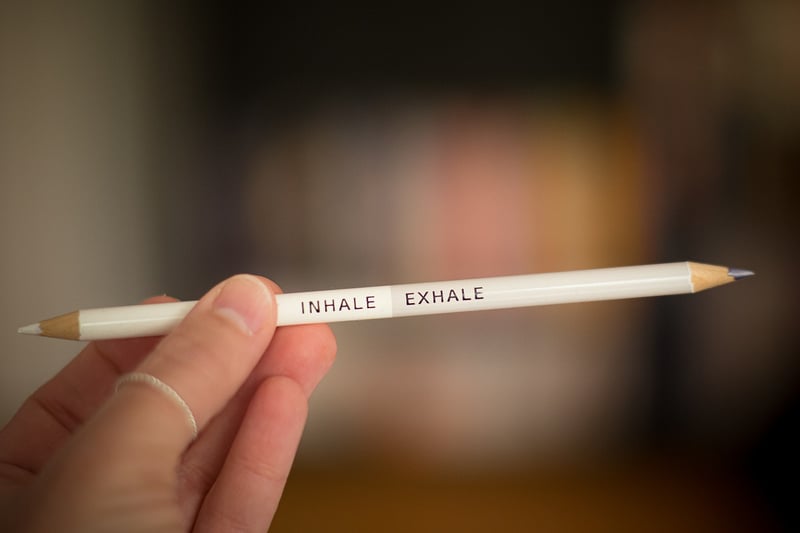
3. Alternate Nostril Breathing
Alternate nostril breathing is a Pranayama technique that involves breathing through one nostril at a time while closing the other nostril with your finger. This practice can help balance the body's energy channels and calm the mind.
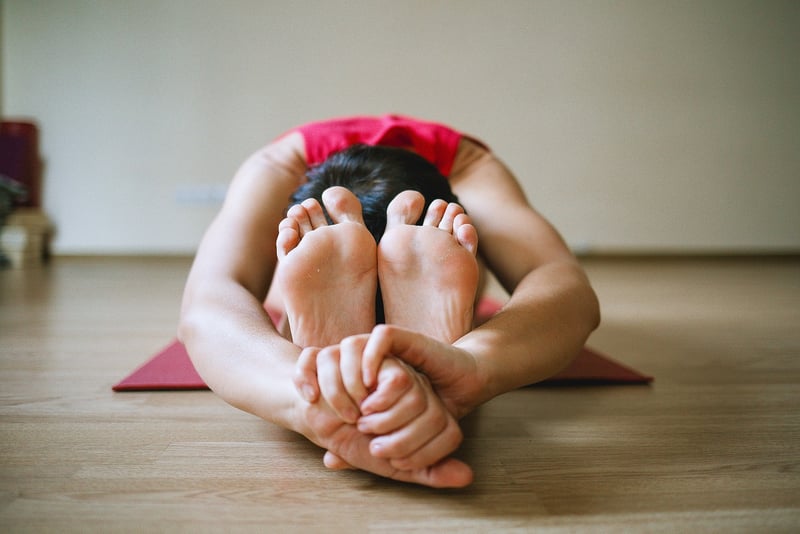
4. Ujjayi Breathing
Ujjayi breathing, also known as victorious breath, involves breathing slowly and deeply through the nose while slightly constricting the back of the throat. This technique can increase oxygen flow, build internal body heat, and enhance concentration.
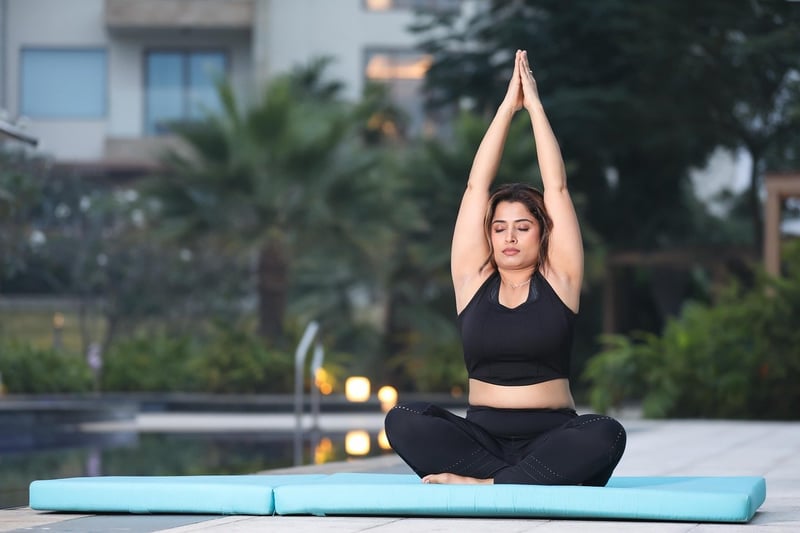
5. Kapalabhati Breathing
Kapalabhati breathing is a cleansing breath technique that involves rapid, forceful exhalations followed by passive inhalations. This practice can help clear the mind, improve lung function, and boost energy levels.
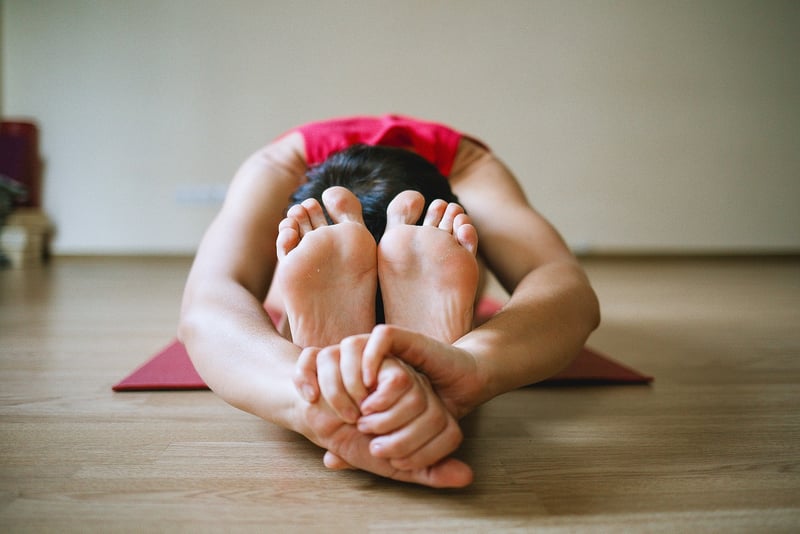
By incorporating these focused breathing methods and Pranayama techniques into your daily routine, you can experience a greater sense of well-being, improved mental focus, and reduced stress levels. Take some time each day to practice these techniques and reap the benefits of a calmer, more balanced mind and body.
Remember to consult with a healthcare professional or a certified yoga instructor before starting any new breathing practices, especially if you have underlying health conditions.
